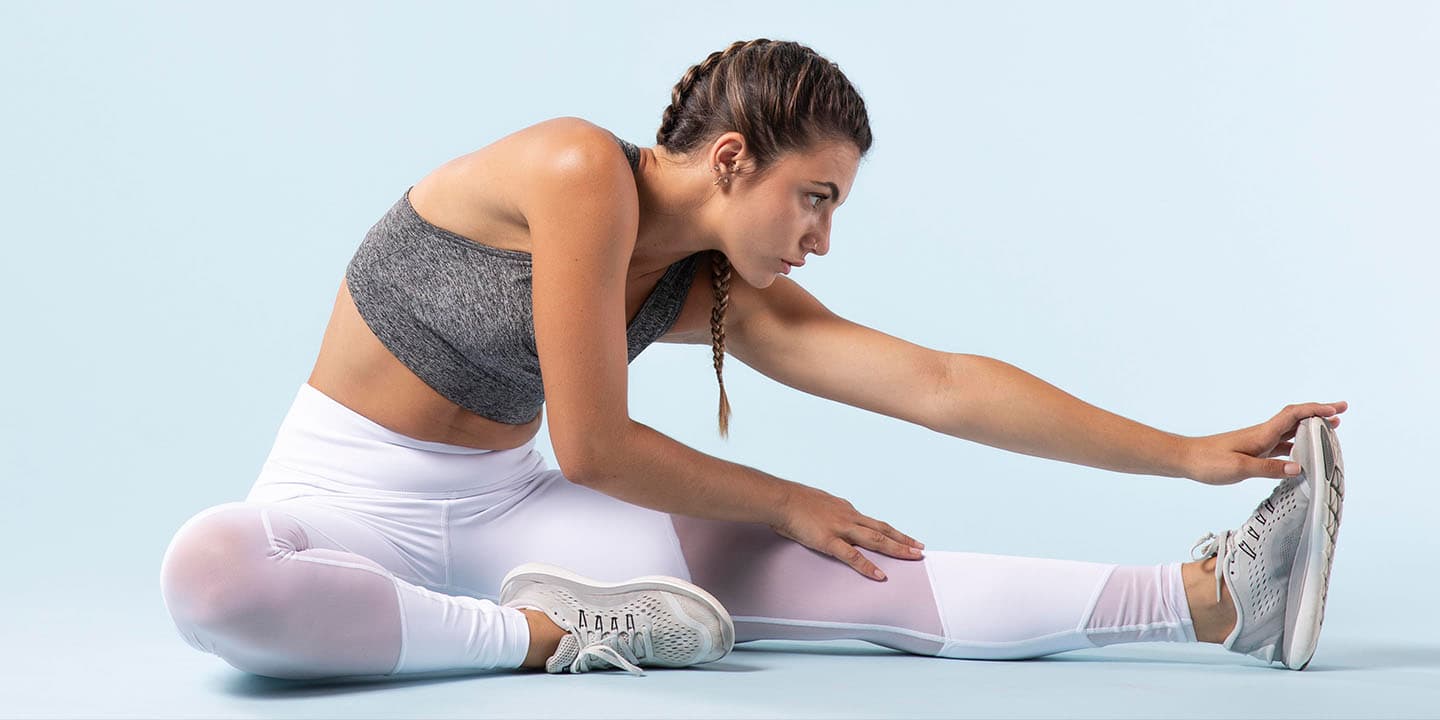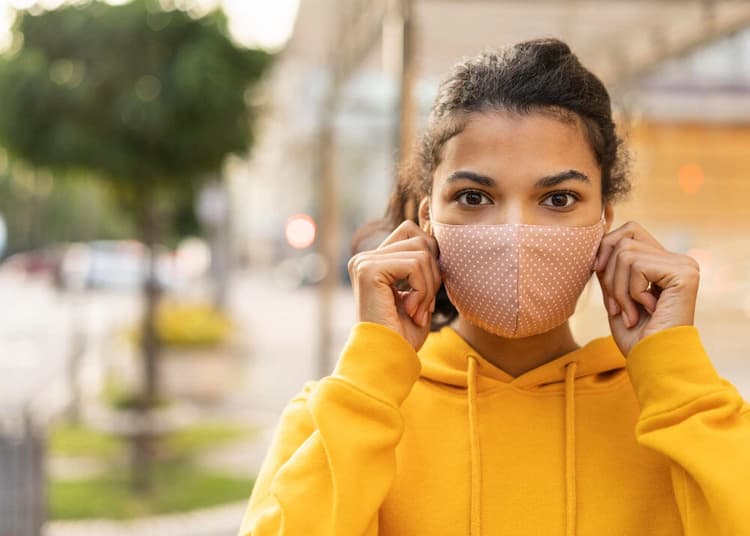Exercising for better sleep

Medically Reviewed By
Dr Divya Rohra
Written By Srujana Mohanty
on Jul 14, 2022
Last Edit Made By Srujana Mohanty
on Mar 14, 2024

Sleep is one of the most important factors determining not only a healthy life but your overall well-being as well. With the increase in stress in our daily life, the majority of people do not have a sound sleep at night.
As the cases of insomnia are rising at an alarming rate, day by day in our country, it is important to know the ways in which you can get a good quality sleep.
Lifestyle plays a very important role in determining your quality of sleep. One of the most important factors included in lifestyle is your daily exercise. Therefore, in this article, let us learn about how regular exercise can impact the quality of your sleep, at what time you should sleep, and the recommended exercises for better sleep. So make sure that you include some physical activity in your daily life after you have read this article.

How does exercise impact sleep?
Exercise is an important physical activity that should be part of your daily routine. Exercise is not only recommended for weight loss or to lower the risk of metabolic disorders, but exercise can also improve sleep and the quality of your life. Exercise and sleep are often directly or indirectly linked to each other. Moderate to vigorous exercise is generally recommended for adults to improve their sleep quality. It has been observed that regular exercise can reduce your sleep onset time. It indicates the time you take to fall asleep. Thus, moderate to vigorous exercise decreases the time you lie awake in your bed during the night time. Physical activity can also reduce the sleepiness that you feel during the daytime. This might also save you from becoming dependant on sleep medicines for a better sleep at night.
There are certain indirect ways as well by which regular exercise can promote good quality sleep. Excessive weight or obesity is one of the main causes leading to obstructive sleep apnea (OSA). Thus, moderate to vigorous exercise helps by increasing/decreasing weight, and maintain an adequate weight, so that the symptoms of OSA can be reduced and controlled.
- According to the American Academy of Sleep Medicine (AASM), around 60% of the cases of moderate to severe OSA are linked to obesity.
- These findings were also validated by the survey conducted by the National Sleep Foundation in 2003 and the 2013 sleep in America poll as well. The study conducted in 2003 found that the people who sleep less than 6 hours a night, are more likely to suffer from sleep disorders like sleep apnea, insomnia, and restless legs syndrome. While, in the study conducted in 2013, it was concluded that almost 56% of the people who did not exercise had good quality sleep.
- A study conducted on the college students during their examination revealed that regular physical exercise can reduce the examination related stress as well. Reduced stress ultimately improves the quality of your sleep and also improves concentration.
- Another study conducted on community dwelling older adults, it was observed that sleep and exercise are dynamically related.
- In another research study, it was observed that aerobic exercise can reduce the symptoms of OSA in people even if they don’t lose any weight.
What is the Best time to Exercise?
Exercises have a great impact on your mind as well. Therefore, it is very important that you exercise at the right time of the day to avail the maximum benefits of the physical activity that you are doing. What time is best for you to exercise depends on what factor causes the quality of your sleep to deteriorate. So, let's understand how exercises can affect your sleep and mental health:
- Aerobic exercises can raise the levels of endorphins in your body. Endorphins are the chemicals that increase your brain activity keeping it awake for a longer time. Therefore, if you also feel the same, you must exercise at least 1-2 hours before going to bed. This will help in washing out the endorphin levels from your brain till the time you go to bed.
- Some people experience that exercise increases the temperature of their body. In such cases also, you must exercise at least 60 - 90 minutes before going to sleep. This is because an increase in core body temperature signals your body to be awake. The core body temperature starts falling in 60 - 90 minutes that helps facilitate sleep.
Apart from these facts, there are many people who say that the time of their exercise, that is, whether in the morning or before going to bed, does not make much difference.
What Exercises Facilitate better quality of sleep?
Certain exercises before sleep have shown to affect the quality of your sleep more positively. Following is a list of sleep inducing exercises that are usually recommended for attaining good quality sleep at night.
-
Aerobic exercise
Aerobic exercises can be of both moderate intensity and vigorous intensity. The moderate intensity aerobic exercises include water aerobics, brisk walking, semi-hilly bike rides, and water aerobics. The vigorous intensity aerobic exercises include lap-swimming, running or jogging, intense bike rides, and sport games like single tennis and basketball. Regular aerobic exercises have many benefits that include:
- Improve sleep quality
- Reduce daytime sleepiness
- Decrease the severity of sleep disordered breathing condition, example, OSA
- Increase breathing rate and faster heartbeats
- Maintain optimum levels of blood pressure
- Reduce risk of heart disease
-
Resistance exercise
Aerobic exercises can be mixed with resistance exercise to improve various aspects of your physiological health. Resistance exercises are basically strength training exercises that build the strength of your muscles present throughout the body. Exercises that are commonly included in resistance exercise are weight lifting, push-ups, using resistance bands to work out, and sit-ups. The resistance exercises are effective when you repeat them multiple times. The various benefits of resistance exercise include:
- Improving sleep quality
- Reduced risk of anxiety and depressio
- Yoga
Yoga is one of the most famous forms of exercise these days. The different asanas of yoga can help you get relief from various health problems. Yoga is a breathing exercise for better sleep. The benefits of performing yoga daily includes:
- Improves posture
- Good for respiratory system
- Decreases stress
- Aids in weight loss
- Reduces neck and lower back pain
- Improves the quality of sleep
Takeaway
Sleep is an important factor. It determines your efficiency at the workplace. A poor quality sleep can make you less productive and irritated for the next day. Therefore, if you do not get proper sleep during the night, you must consult a doctor and adopt a healthy lifestyle to maintain proper body clock. Activities like exercise play an important role in promoting sleep. Now that you know the importance of exercises for sleeping better, when they should be done, and what exercise you can perform, I am sure you will include them in your daily routine and get a sound sleep at night.
Frequently Asked Questions (FAQs)
-
Which exercises are best for sleep?
Aerobic exercises, yoga, and resistance exercises are considered the best for improving the quality of sleep.
-
How does exercise improve sleep quality?
Regular exercise helps in reducing your stress and calming your body, which ultimately facilitates your quality of sleep.
-
What causes lack of deep sleep?
There can be various causes for poor sleep. These causes may include stress, certain sleep disorders, and over consumption of caffeine or other substances.
Leave a comment
1 Comments
Jennifer M. Bell
Jan 16, 2023 at 10:31 AM.
It's also important to note that while exercise can help improve sleep, it's not a substitute for other important sleep hygiene practices such as creating a comfortable sleep environment, avoiding screens before bedtime and avoiding caffeine close to bedtime. I appreciate this article. Also visit this website : https://womensframe.com/



